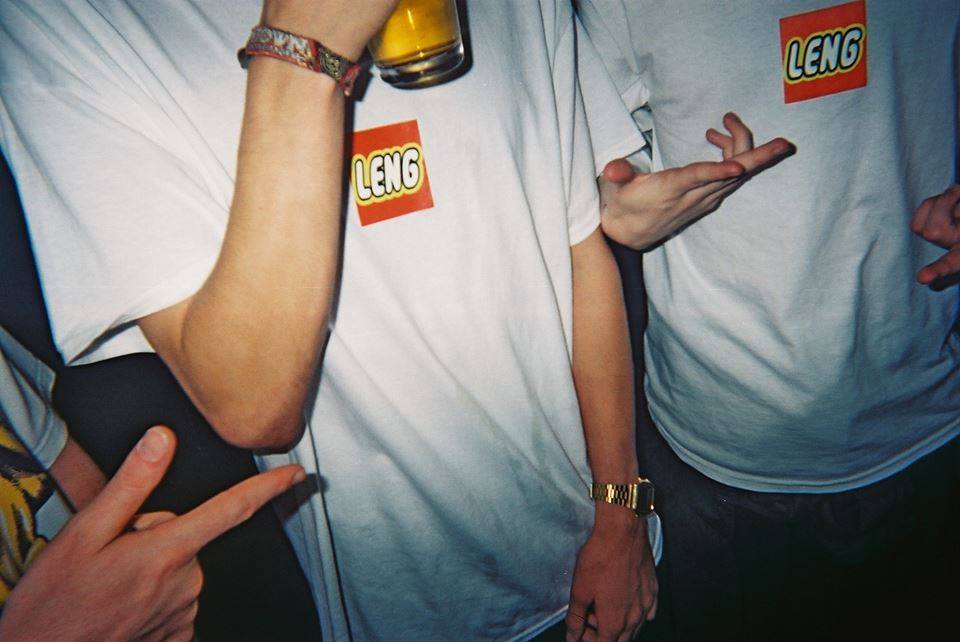Spend enough time in a student city, and you’ll encounter bassline in one form or another, be it in the second room to a more prominent genre such as drum and bass, mixed into midweek garage nights, or blasting from the speakers of halls in the early hours. Bassline seems to exist perpetually on the cusp of mainstream popularity, instantly recognisable and enjoyed by most, but only championed by a select group of listeners. This isn’t the result of some form of natural selection performed by clubbers; to understand Bassline’s fledgling popularity one must observe how its growth was impeded and almost destroyed.
Bassline emerged in Sheffield in the mid-noughties, its distinctive sound emanating from the genre’s flagship club, Niche. The genre was characterised by pitched-up female vocals, distinctive wobbly basslines and a tremulous 4×4 structure. Like most bass-centric music, the genre’s success owed a huge debt to Class-A drugs, a debt South Yorkshire police were intent on collecting. Whilst Niche’s crowd saw a community stemming from bassline and the use of drugs, the police didn’t share this sentiment, unsurprisingly hostile towards clubbers’ jaws rotating around the perimeters of their force area.
2005 was marked by two events which proved to shape bassline’s future. The most immediately obvious of these was a police raid on Niche, dubiously named ‘Operation Repatriation’ considering Niche’s strong ties to the local black community. Despite this raid, like every other police raid on clubs since the creation of the Roland TB-303, turning up little more than a handful of pills, the police had enough to stamp the scene out. They actively prohibited the playing of bassline, threatening venues that allowed such music with the threat of further raids. Bassline lost its home, the police burning the exciting new scene to the ground. The phoenix was to rise from its ashes however. The second of 2005’s events was the release of the Sony Ericsson W800, the first phone to take on the famous ‘Sony Walkman’ label.
My first encounter with bassline came on one of these phones, a phenomenon shared by my peers up and down the country. The phone, released with flagship music playing software and the brand new Bluetooth system, facilitated unprecedented levels of music sharing. In 2007, when every jumped-up young teenager nationwide had got their hands on a Sony Ericsson, T2 released his new track ‘Heartbroken’, which peaked at #2 in the UK Singles Chart. The song’s success is indebted to these young teens spreading it through Bluetooth, bassline proving to be kryptonite for suburban schoolboys with short attention spans who required an outlet for their boisterousness.
 [DJ Q]
[DJ Q]
These same suburban schoolboys spin out DJ Q and Jamie Duggan in today’s Hyde Park terraces, but their interest in the scene doesn’t stem from some form of Freudian recollection of T2 as a formative memory, nor (arguably) from a desire to appear more working class than their home counties background permits. Rather, mass media did not just introduce them to bassline, but facilitated and fertilised their engagement with the scene. YouTube rips of old niche sets still regularly draw original visitors, as do downloads of the old classics. DJ Q’s bassline festival has garnered greater interest each year, with Facebook an integral part of the event’s promotion. Bassline has been altered with its rising following, cross currents from house, drum and bass and grime have led to its mutation, ‘bass music’. To summarise ‘bass music’, the sound is more professional and marshals a wider range of influences, but still refuses to pull punches.
Perhaps the most interesting dimension of bassline’s online resurgence has been the creation of ‘Lengoland’, a Facebook bass music group. The group, conceived as an offshoot of streetwear group ‘The Basement’, operates in a similar fashion to its predecessor. The focus is on bass music rather than streetwear, but discussion similarly becomes skewed and slanted according to its member’s wishes, friendships are formed, in-jokes are created.
Bass music is simple to create but requires a certain skillset to master. Like grime it possesses a certain DIY essence, and many listeners are prompted to attempt production because of this. Lengoland is perfect for this quality. The group encourages members to post tracks into the discussion, which they are given advice and praise from their peers on. Included in these peers are more established DJs in the scene – DJ Q is a regular contributor, Skepsis was a moderator for over a year, and Holy Goof has recently joined its ranks. Members seek to identify tracks for others, promote events, discuss the direction of the scene and, as is our nature, take the piss out of others at any given opportunity. It also has become a business in its own right, selling t-shirts and hosting their own night at Fabric. Youths across the country have joined the group and built meaningful relationships around the scene. If bassline was shut to destroy a community, then West Yorkshire police have failed-. The Facebook group has nearly 10,000 members nationwide, and bassline is less niche than ever.
Reece Parker
(Images: Alex Smith and Vicky Grout for Thump)

